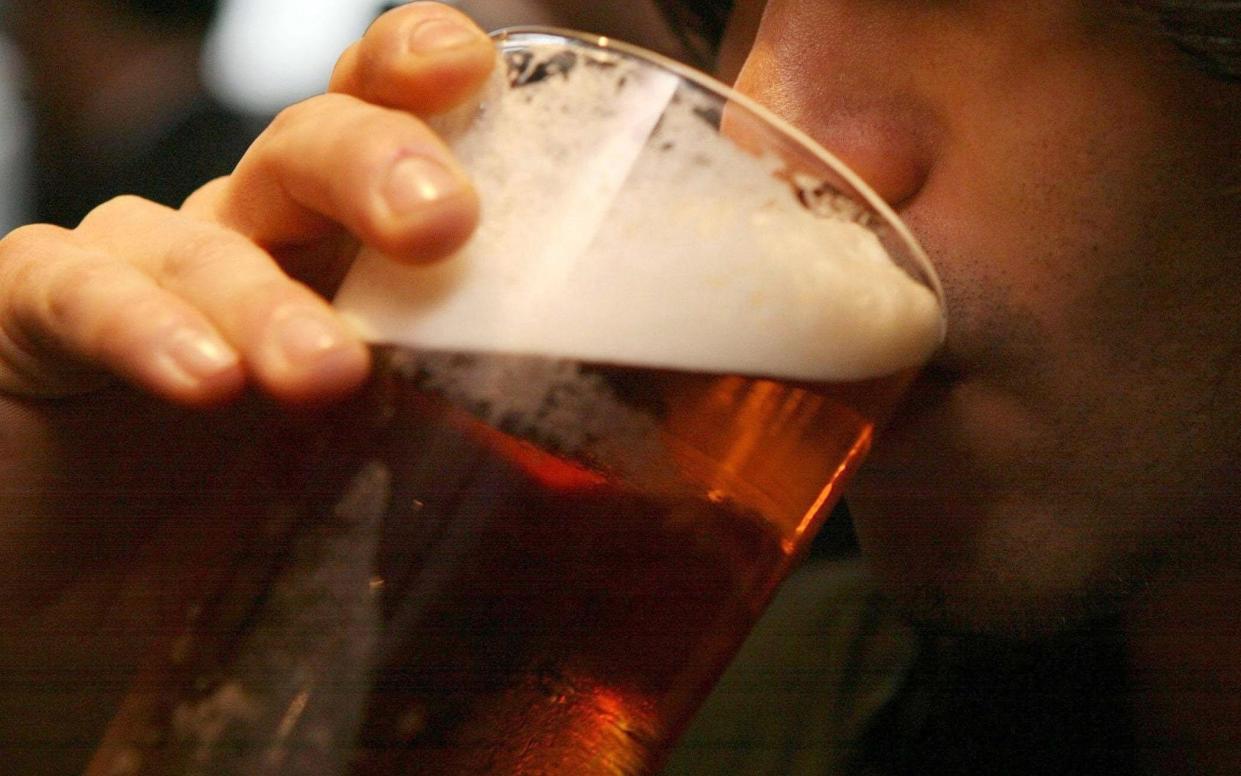Dutch courage may help language skills when it comes to pronunciation

If you are struggling with the language when you're abroad, the answer could be a little bit of Dutch courage, a study suggests.
Researchers from The University of Liverpool, Maastricht University and King's College London have found that drinking a pint of beer can boost your foreign language skills.
The researchers tested the effects of a low dose of alcohol on participants' self-rated and observer-rated ability to converse in Dutch.
Participants were 50 native German speakers who were studying at a Maastricht University in Holland and had recently learned to speak, read and write in Dutch.
Participants consumed either a low dose of alcohol or a control non-alcoholic drink, before they talked in Dutch for a few minutes. The amount of alcohol varied on people's body weight, but was equivalent to just less than a pint of five per cent strength beer for a man weighing 154lbs (70kg).
The volunteers' foreign language skills were then rated by two native Dutch speakers who did not know if the participant had consumed alcohol or not. Participants also rated their own Dutch language skills during the conversation.
The researchers found that participants who had consumed alcohol had significantly better observer-ratings for their Dutch language, specifically better pronunciation, compared to those who had not consumed alcohol.
However, alcohol had no effect on self-ratings of Dutch language skills.
Study co-author Dr Inge Kersbergen, of the University of Liverpool's Institute of Psychology, Health and Society, said: "Our study shows that acute alcohol consumption may have beneficial effects on the pronunciation of a foreign language in people who recently learned that language.
"This provides some support for the lay belief (among bilingual speakers) that a low dose of alcohol can improve their ability to speak a second language."
Dr Fritz Renner, of Maastricht University, said: "It is important to point out that participants in this study consumed a low dose of alcohol. Higher levels of alcohol consumption might not have beneficial effects on the pronunciation of a foreign language."
Fellow researcher Dr Jessica Werthmann added: "We need to be cautious about the implications of these results until we know more about what causes the observed results. One possible mechanism could be the anxiety-reducing effect of alcohol. But more research is needed to test this."
The findings are published in the Journal of Psychopharmacology,

 Yahoo News
Yahoo News 
